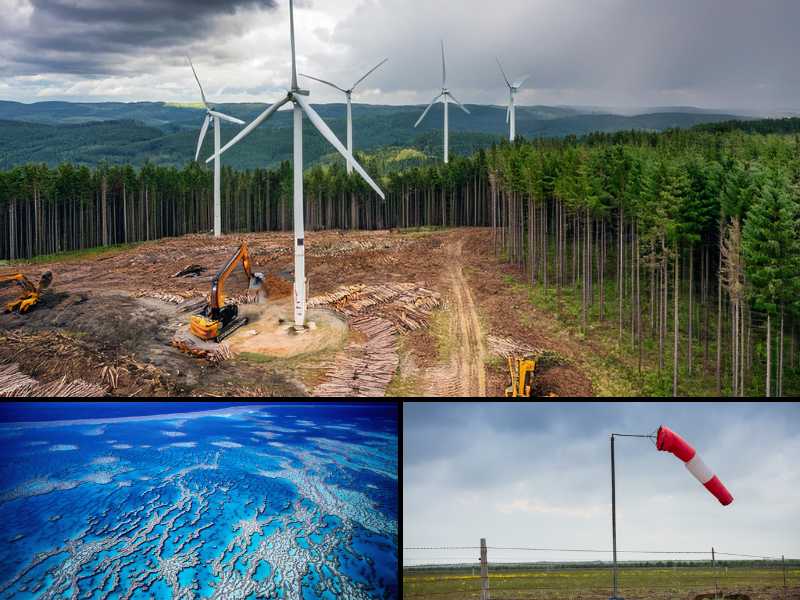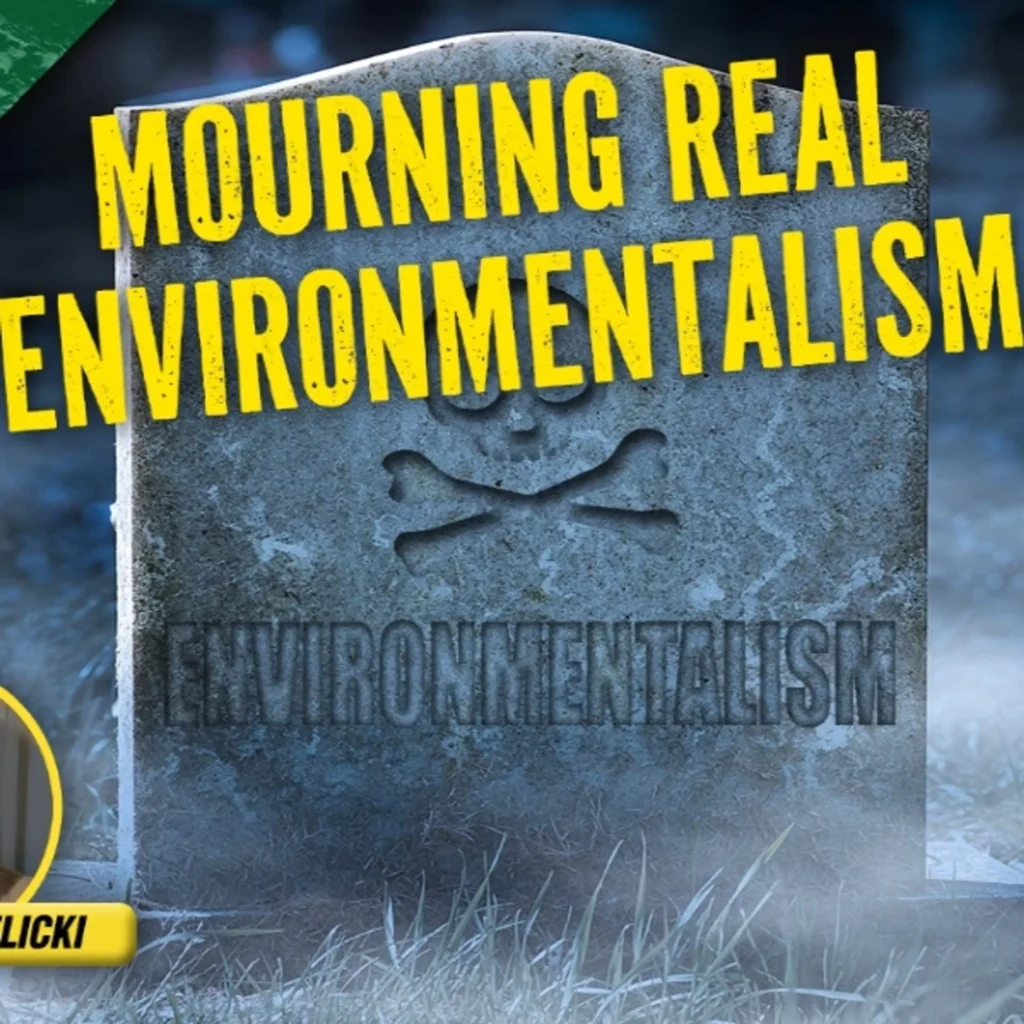The Clinton-Gore administration appears to have launched a full-scale effort to entice its corporate allies to lobby on behalf of the Kyoto Protocol on global warming. The attempt has been labeled by some observers as an “end-run” effort to implement a treaty whose most ardent supporters acknowledge could not win ratification in the U.S. Senate at this time.
The Kyoto battle is currently being waged over “early-action crediting,” deemed by Representative David McIntosh (R-Indiana) to be a scheme for enacting Kyoto without ratification and turning big business into a massive lobbying machine for the treaty. McIntosh is chairman of the House Subcommittee on National Economic Growth, Natural Resources and Regulatory Affairs.
The early-action crediting program has set off an intense legal war. On one side is the Clinton-Gore administration, led by the Environmental Protection Agency and joined by congressional and corporate allies, who want the treaty implemented, with or without Senate ratification.
The other side, led in the House by McIntosh and Joe Knollenberg (R-Michigan) and in the Senate by Chuck Hagel (R-Nebraska) and Richard Byrd (D-West Virginia), views the Kyoto Protocol as unsubstantiated by scientific evidence and a great threat to the economy and well-being of Americans. They see the Clinton-Gore administration’s attempts to circumvent the Senate ratification process as a violation of the Constitution and a threat to the nation.
Crediting Vs. Senate Ratification
“Enactment of an early action credit program,” McIntosh said in a letter to his colleagues, “would effectively repudiate the July 1997 Byrd-Hagel resolution,” which passed the Senate unanimously and called for no treaty implementation without Senate ratification.
“First,” McIntosh noted, “early action crediting [credits for voluntarily reducing greenhouse gas emissions] would reward companies for doing today what they would later be compelled to do under a ratified Kyoto Protocol. It is a form of implementation without ratification.
“Second, and more mischievously, early action crediting would turn scores of major corporations into a pro-Kyoto business lobby. The program would create credits potentially worth millions of dollars, but which would have no actual cash value unless the Kyoto Protocol, or a comparable domestic regulatory program, were ratified or adopted [enabling these companies to sell their credits to smaller companies, even farmers, who don’t have the means to comply]. Thus, participating companies would acquire financial motives to support ratification.
“Third,” McIntosh continued, “although touted as a ‘voluntary’ and ‘win-win,’ early action crediting is subtly coercive and would create a zero-sum game in which small business can only lose. Every credit awarded to early reducers would draw down the pool of emission credits available to all other U.S. companies in the Kyoto Protocol compliance period. Thus, if the Kyoto Protocol were ratified, companies that did not ‘volunteer’ for early action would not merely forego benefits, they would be penalized–hit with extra compliance burdens.
“Most small businesses and family farms,” McIntosh, who also sits on the House Small Business Subcommittee, noted, “lack the discretionary capital, technical expertise, and legal sophistication required to play the early credit game.”
Other Back-door Efforts Underway
Although Knollenberg attached to EPA’s funding bill an amendment prohibiting activities that would advance the Kyoto Protocol or its goals, the agency has been violating that prohibition on a regular basis. McIntosh has called attention to the agency’s work with the Environmental Defense Fund (EDF) at a recent meeting in Bonn, Germany to promote an emissions trading scheme. EPA also promulgated new clean air standards designed to further the goals of –standards subsequently rejected by a federal appeals court as representing “an unconstitutional delegation of legislative authority.”
In addition, EPA has been holding climate change seminars around the country. According to William Lash III, a professor of law at George Mason University who testified before McIntosh’s subcommittee, the seminars are highly biased presentations advocating not only ratification of the Kyoto Protocol, but also early action to achieve Kyoto’s goals before ratification.
As Hagel noted in confirmation hearings for David Sandlow as Assistant Secretary of State, Sandlow participated with other administration officials in planning the development of an emissions trading program with Russia.
Seeking to Close the Back Door
Knollenberg’s amendment has been attached to every appropriations bill from which the administration might take money to advance the Kyoto Protocol without Senate ratification. To make the restrictions of the Knollenberg amendment permanent and more extensive, McIntosh has introduced the Small Business, Family Farms and Constitutional Protection Act, H.R. 2221.
McIntosh’s bill is designed “to prohibit the use of federal funds to implement the Kyoto Protocol . . . until the Senate gives its advice and consent to ratification of the Kyoto Protocol, and clarify the authority of federal agencies with respect to the regulation of emissions of carbon dioxide.”
Supporters of the Protocol have introduced competing legislation. Representative Rick Lazio (R-New York) has introduced a bill that would specifically authorize the President to enter into agreements to provide businesses with early action regulatory credits, and Representative Robert Matsui (D-California) has entered a bill that would provide $3.6 billion in tax credits to businesses that reduce carbon dioxide emissions. Congressional sources have told Environment News that neither bill is likely to get out of the House Committee on Commerce, to which they have been referred.



